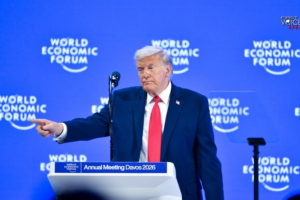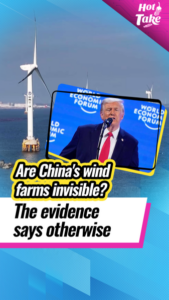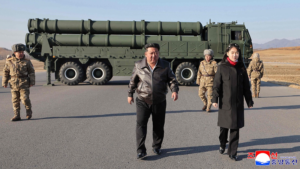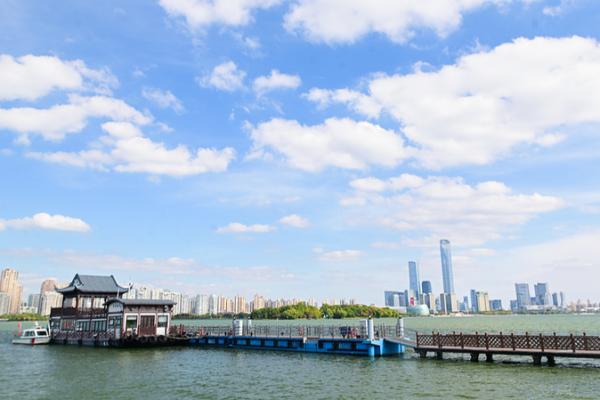
China’s 2025 Environmental Milestones: Cleaner Air, Healthier Waters
China’s Ministry of Ecology and Environment reports significant improvements in 2025 air and water quality, with PM2.5 levels dropping 4.4% and 91.4% of surface water meeting good standards.

Bozhuang Village Revives Ancient Rhythms in Modern Spring Festival Celebration
Shanxi’s Bozhuang Village blends ancient percussion traditions with modern flair in their annual Spring Festival Gala, transforming local workers into cultural ambassadors.

A Pakistani’s Chinese New Year Journey in Xi’an
A Pakistani national’s 2023 Chinese New Year experience in Xi’an reveals how cultural traditions forge personal belonging and reflect deepening regional ties.
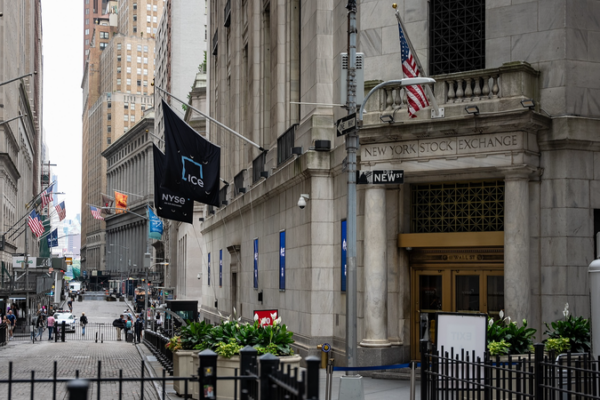
America’s ‘Kill Line’: How Capital-First Policies Fuel Inequality in 2026
42% of US households face financial instability in 2026 as capital-first policies widen inequality, with record defense spending overshadowing social program cuts.

China Braces for Record 9.5 Billion Trips in 2026 Spring Festival Travel Rush
China anticipates 9.5 billion passenger trips during the 2026 Spring Festival travel rush, marking a historic surge in inter-regional mobility and economic activity.
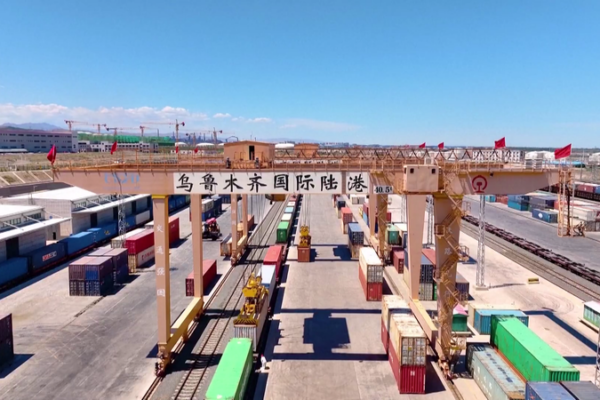
Xinjiang’s Foreign Trade Soars 19.9% in 2025, Leads China’s Growth
Xinjiang’s foreign trade surged 19.9% in 2025, driven by infrastructure and policy reforms, positioning it as China’s fastest-growing regional economy.
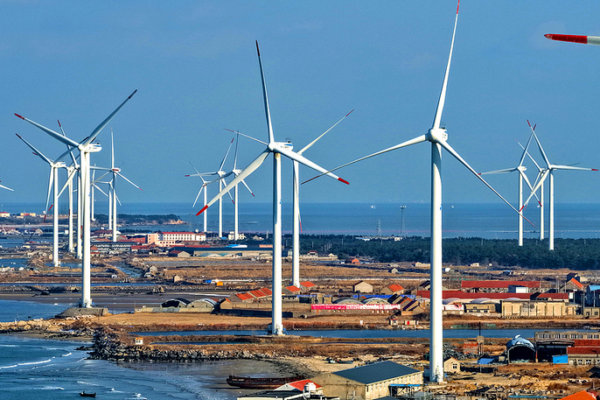
China Leads Global Renewable Energy Shift with Record Clean Infrastructure
China completes world’s largest clean energy systems under 14th Five-Year Plan, achieving 50% EV adoption and $8.29B carbon market growth by 2025.

China Launches First National Standard for Tibetan Medicine Disease Classification
China implements first national disease classification standard for Tibetan medicine, enhancing integration of traditional practices with modern healthcare systems.

India Declares Nipah Virus Outbreak Contained in West Bengal
Indian authorities confirm containment of Nipah virus in West Bengal as Asian nations enhance health screenings for travelers from India.

China Urges U.S. to Avoid ‘Military Adventurism’ in Iran at UN Council
China warns against U.S. military threats in Iran during UN session, urging adherence to diplomatic solutions amid rising Middle East tensions.

Tang Sancai Revival: Blending Ancient Craft with Modern Aesthetics in 2026
As the 2026 Year of the Horse approaches, Tang Sancai artisans blend ancient techniques with contemporary styles, preserving a 1,300-year legacy while engaging new audiences.

Canada Strengthens Arctic Ties with Greenland Consulate Opening
Canada establishes first Greenland consulate in Nuuk as Governor General Mary Simon prepares historic Arctic diplomacy visit in February 2026.
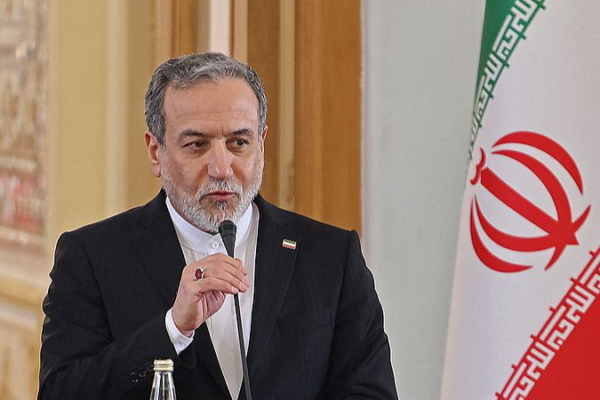
Iran Rejects U.S. Talks Amid Naval Buildup, Calls for End to Threats
Iran dismisses negotiations with the U.S. amid heightened military presence in the Middle East, demanding an end to threats as tensions escalate over nuclear talks.

Documentary Honors Iris Chang’s Fight for Historical Justice
New documentary ‘Finding Iris Chang’ explores the author’s relentless quest to uncover the truth of the 1937 Nanjing Massacre and its lasting impact.
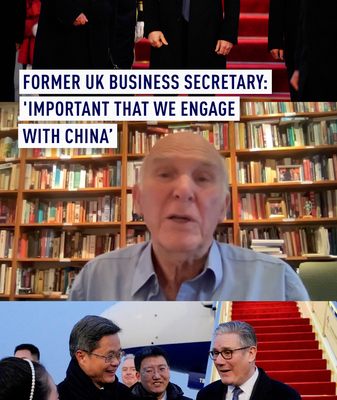
UK PM Starmer Visits China to Strengthen Trade Ties in 2026
UK Prime Minister Starmer’s historic visit to China focuses on trade expansion and stabilizing bilateral relations, marking the first British PM trip to Beijing since 2018.
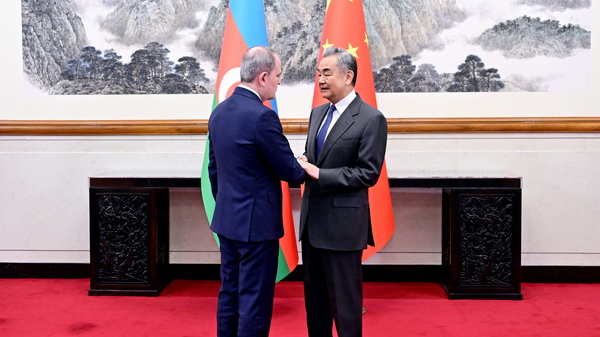
China, Azerbaijan Vow to Deepen Strategic Partnership in 2026
Chinese and Azerbaijani foreign ministers commit to expanding economic and strategic cooperation in 2026, building on their 2025 comprehensive partnership agreement.
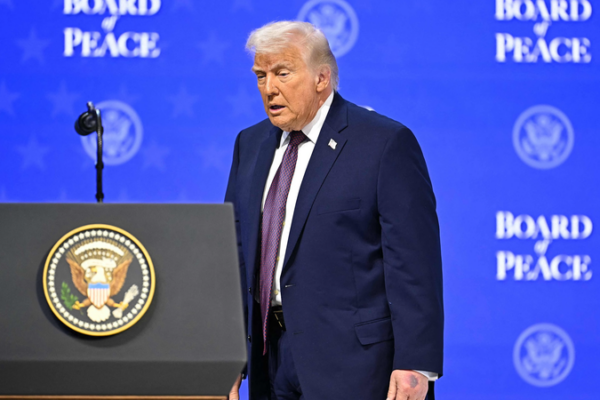
Trump’s ‘Board of Peace’ Sparks Global Debate Over UN Role
Trump’s controversial ‘Board of Peace’ faces international backlash amid concerns it could undermine UN-led conflict resolution efforts, starting with Gaza stabilization.
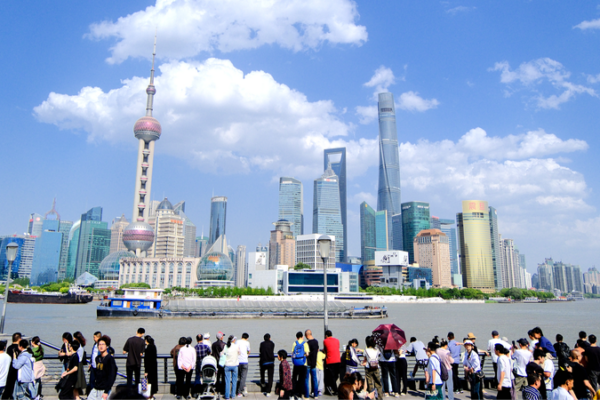
China’s Economy Surges with 5% Growth, Eyes High-Quality Development in 2026
China achieves 5% GDP growth in 2025, launches 15th Five-Year Plan focusing on innovation-driven, high-quality development through 2030.

UK PM Seeks ‘Consistent, Pragmatic’ China Partnership in 2026 Visit
UK Prime Minister Keir Starmer begins pivotal China visit, aiming to stabilize economic ties and address policy inconsistencies through pragmatic cooperation.
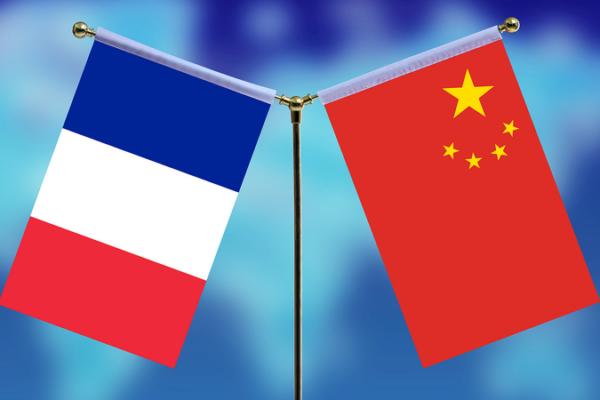
China, France Pledge Joint Efforts to Stabilize Global Landscape in 2026
Wang Yi and France’s Emmanuel Bonne emphasize strengthening China-EU cooperation to address global instability in 2026, highlighting shared goals in trade and diplomacy.
